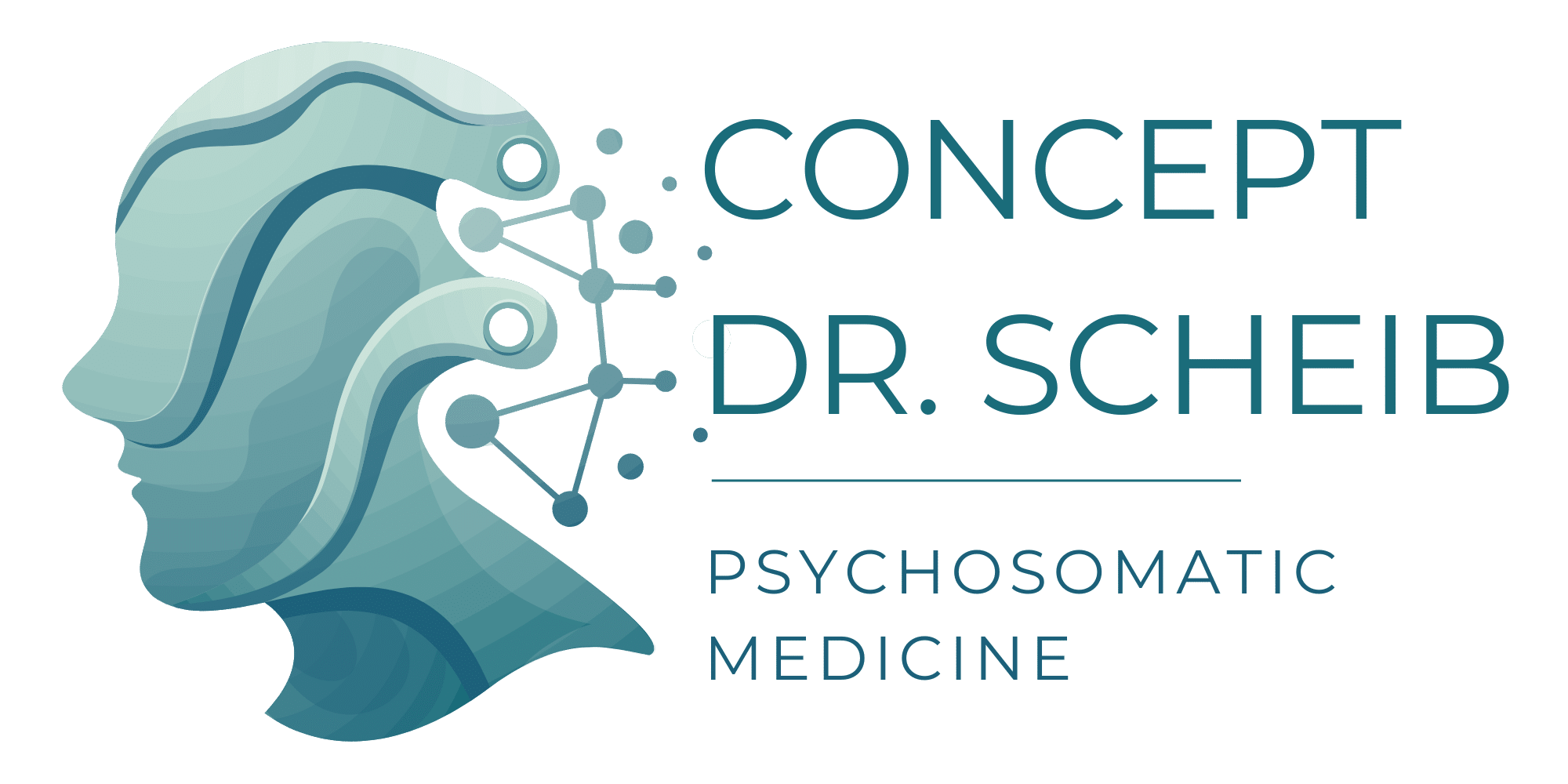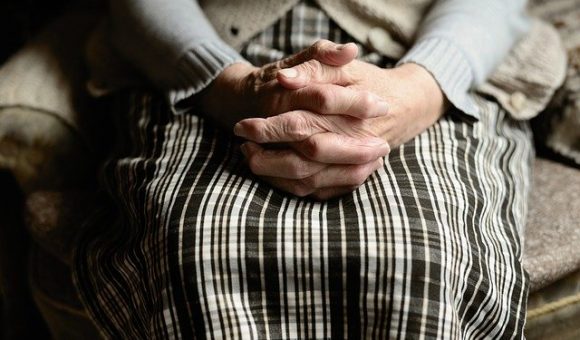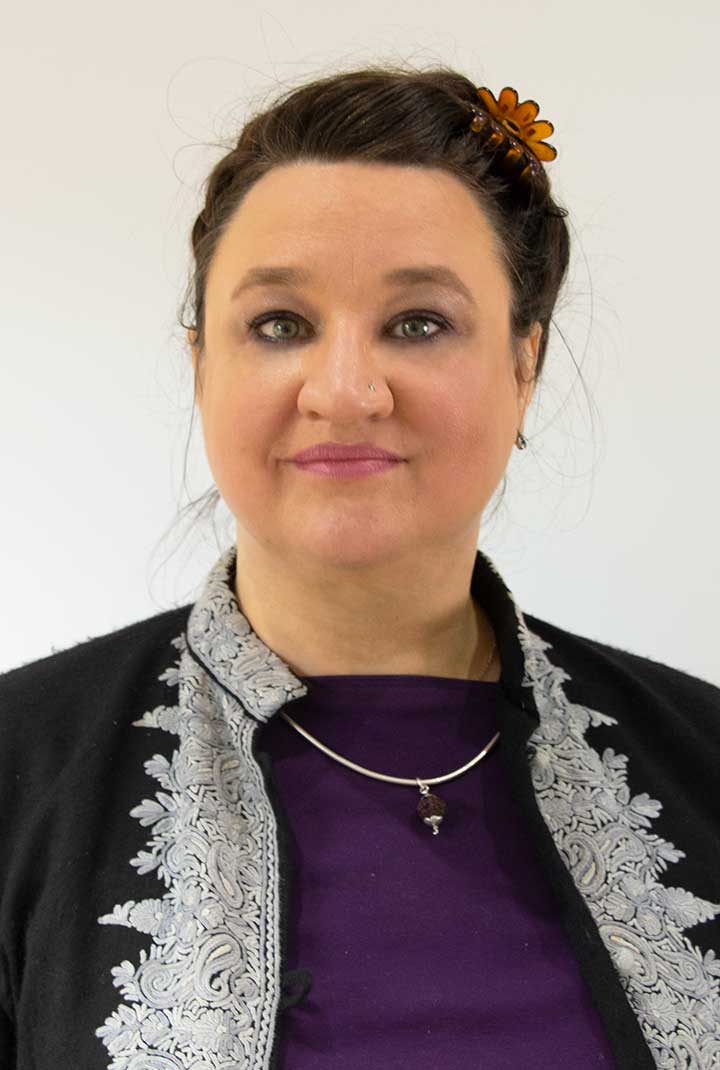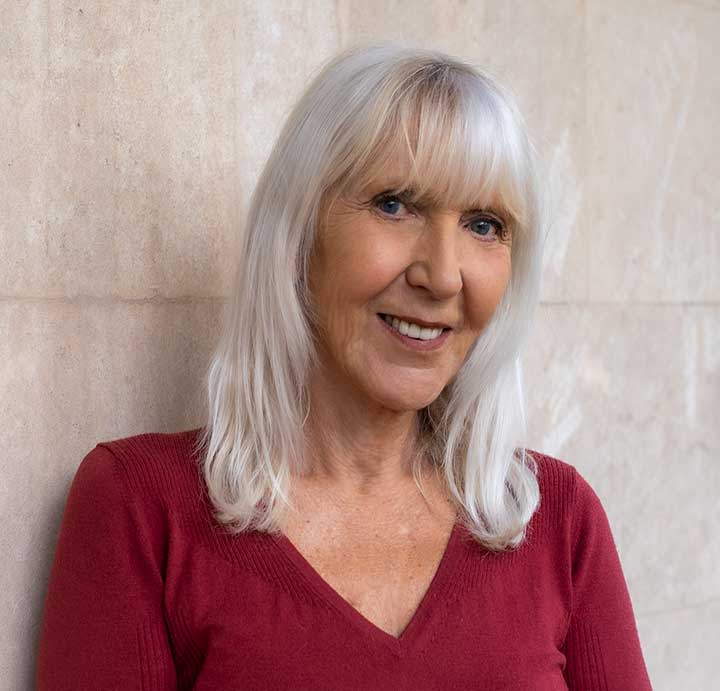Dementia support for caregivers

The relatives or caregivers of patients with dementia or another neurological diseases often need support themselves. They suffer from feelings of helplessness, fear, anger and anxiety about the future. It can be very exhausting and stressful to deal with changes in character, cognitive disorders and physical paralysis. Often the caregivers are overwhelmed by dementia and other neurological diseases and need help.
The sudden onset of the dimentia and the subsequent changes in life fro the patient and the people surrounding him, often leads to emotional overload or depression in the relatives and caregivers.
It is important to support them, so that they can stand by the patient in the best possible way.
In the practice of Dr. Scheib in Munich, we have therefore developed a holistic approach to help relatives of persons suffering from dementia.
With the help of a psychoeducational therapy, the relatives or caregivers learn to deal with the new situation and to not overburden themselves. The family caregiver is accompanied in the process of accepting the change in life, as well as being supported in processing their own feelings and finding a work-life balance.
Working with caregivers in dementia
Case study: Learning to accept the father’s dementia through an appropriate attitude and an emotion-focused approach.
Mrs. L., 51, sought my psychotherapeutic help because she was reaching her limits with the behavior of her father, who had been suffering from dementia for 10 years. This led to the point that she herself experienced a psychological breakdown.
The daughter was already burdened by the long period she had spent with the intensive care for her father, although she had the support of other family members. The reason for the mental breakdown was that her father suddenly did not recognize her and asked her “Who are you?”
Mrs. L. described a deep helplessness and sadness, mixed with anger. Fearful of not being recognized another time, she began to avoid contact with her father, which led to strong feelings of guilt. These strong emotional reactions first had to be recognized and accepted in our psychotherapy, and their expression understood.
The occurrence of feelings such as anger, sadness, guilt or fear is inevitable when a loved one suffers from dementia. After all, we all want our parents to recognize us. For a child, it is essential and vital that their own mother or father know exactly who is standing in front of them. It doesn’t matter if that child is now an adult.
A dementia patient is authentic and reacts without a “social filter or a brake.” When he is angry, he shows his anger; when he is sad, he cries. When he feels joy, he laughs, and when he does not understand something, he becomes agitated.
The person suffering from dementia simply shows himself as he feels and thinks at that moment.
This is often a serious change in the person with dementia. A behaviour which we supposedly “healthy” relatives often do not know from the person. Usually, most people don’t show when they are angry, so that this new behaviour of the patient results alien to us. We distract ourselves, we repress and do not show our affection for fear of rejection.
Only when we recognize, allow and accept our emotions, we can better deal with the disease and those affected. It is very important to learn helpful strategies to be able to react appropriately to our own feelings.
This is one of the focal points we work on in helping overwhelmed relatives and caregivers of people with dementia.
If you are the caregiver for a person with dementia and feel overwhelmed, we can help. We will be happy to answer your questions personally:
Use our contact form, we will get back to you shortly:































